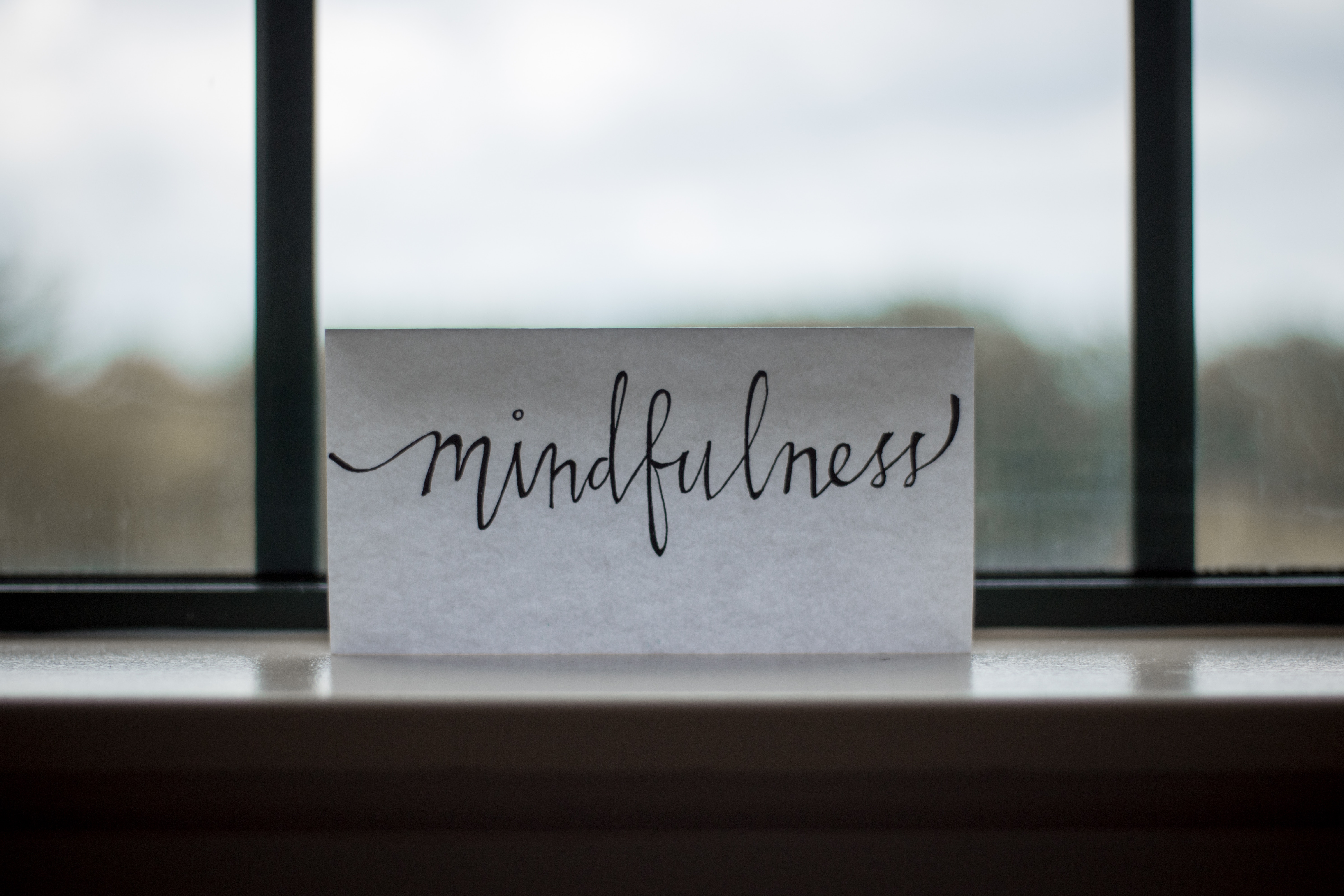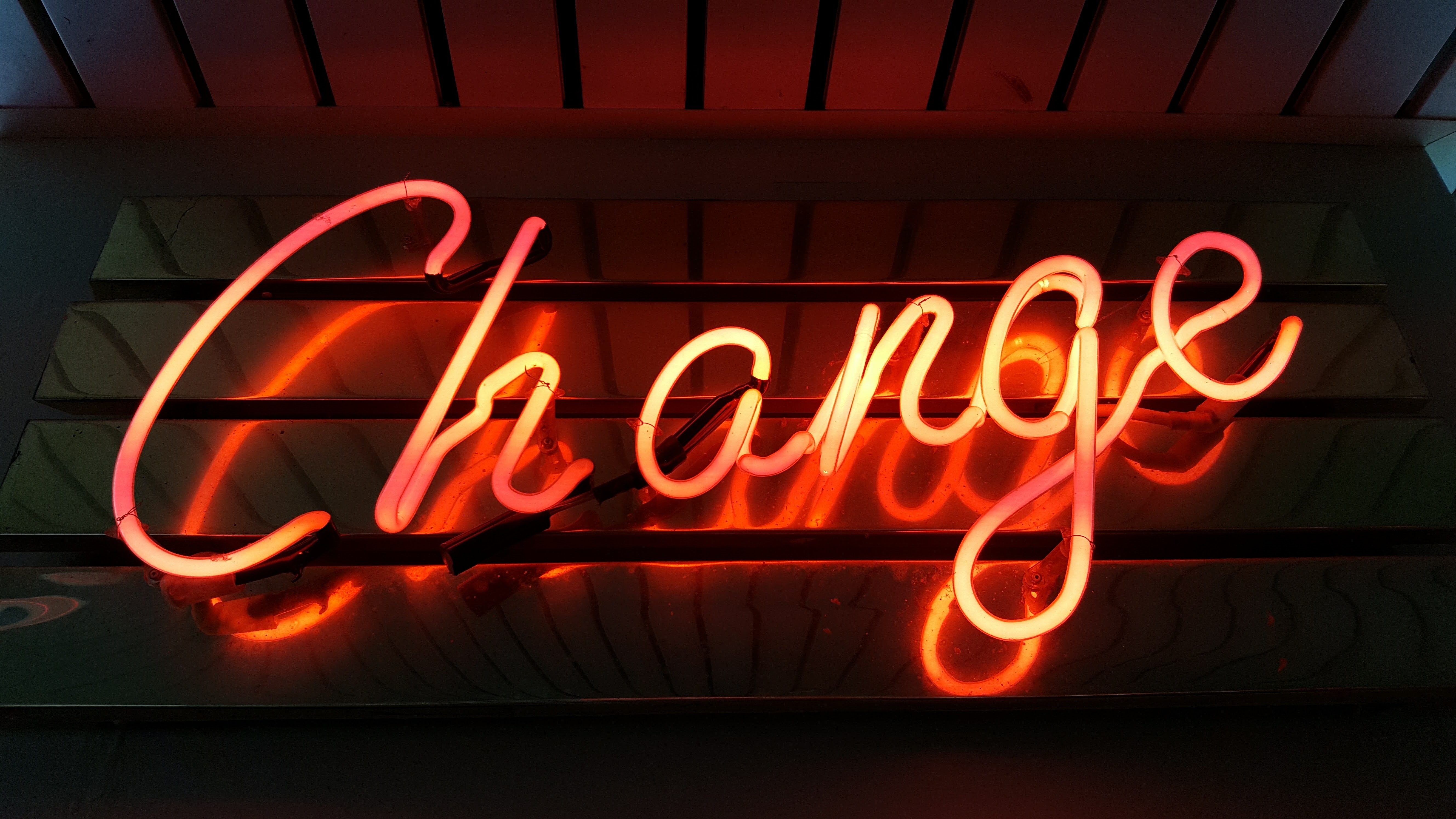The Stigmatisation of Mental Health

Stigma is everywhere. We live in a society where most activities are judged heavily. Unfortunately, mental health comes with a lot of stigma attached to it. This can really affect or impede the recovery of sufferers. I interviewed two teenagers, Rachel Keen, who’s 18 years old and deals with social anxiety. And Naz Abdo, who’s 19 years old and deals with depression. I wanted too see how they handle stigma and how it affects their daily lives.
What disorder do you live with?
Naz – I’ve been diagnosed with depression, but I think I have anxiety too.
Rachel – Social anxiety.
Have you faced any stigma regarding the way people treat you after they found out you have a mental illness?
Naz – No, people have generally been very accepting and understanding. That said, I haven’t told anyone that I don’t trust. However, I have noticed a difference in the way people behaved. Some of my friends have started to adapt their behaviour around me to make me more comfortable.
Rachel – I’ve actually been very lucky and haven’t had anyone say anything negative about my mental health. Everyone that I’ve told has been very supportive and has been nothing but helpful. However, I am recently diagnosed, so I haven’t told anyone who isn’t family or close friends.

If you did face stigma, would it change how you viewed yourself?
Naz – Definitely. With any mental illness, people can be feeling a plethora of emotions. And then when someone judges you for it, it can lead to you doubting whether you’re actually ill, and then lead to you not getting help. Also, it’s natural for humans to want their emotions to be validated by others. When others treat them differently for something they can’t help, it definitely takes a toll and can put your recovery on hold.
Rachel – 100% yes. If someone is judged on something that they can’t control, it definitely impacts how they see themselves. I think it would make me feel frustrated at myself, like I should get over it and socialise. It would also make me feel annoyed that people would judge people based on one aspect of their life.
Has it changed how open you are with people regarding your mental illness?
Naz – I’m not a very open person anyway, so I don’t tell people about my mental illness unless I 100% trust them. But I think if I was a more open person, I would be reluctant to tell people about my illness because before I was diagnosed with depression and people would tell me about their struggles I had a very negative view, and wouldn’t take it as a serious illness. Knowing that people can think like this puts me off being more open about it.
Rachel – Yes it does. The fact that you don’t know what peoples’ opinion on mental health is makes me want to keep it to myself and keep my guard up. I’d also be worried that people would start acting differently around me. For example, not inviting me out to social events because they don’t think I’ll want to come.

What would you like to see change in the way society sees mentally ill people?
Naz – I’d like to see society stop making light of mental illnesses. For example, when people are just naturally tidy and they say things like ‘I’m so OCD’, that invalidates the experiences of people actually suffering with OCD. And leads to people not seeing it for what it actually is, an incredibly debilitating mental illness. I’d also like people that don’t have mental illnesses trying to identify with traits that are associated with mental illnesses. Being ill isn’t a trend and when it’s treated that way, it loses the seriousness of it.
Rachel – I’d like to see more campaigns educating people about mental illness, to make it less of a taboo subjects. Also I’d like to see people take it more seriously. As a proper illness that can be really debilitating and affects people in a severe way.
How would you make this change happen?
Naz – Education. You need to educate everyone on how difficult and debilitating mental illnesses are to live with. Until someone has either gone through it themselves or has seen a loved one suffering, they don’t quite understand that it is a serious illness and can affect our everyday lives. There needs to be more awareness and I think once people are aware that this isn’t something to make light of, then the stigma will lessen.
Rachel – Education. The easiest way for change to happen is for people to be aware of how severe mental illness is and how it really affects people’s lives. I also think it needs to happen at a younger age. Take campaigns into schools and teach children that their mental health is as important as their physical health.
It’s safe to say that more people need to be aware of mental illness and educating people is the way to change society’s views on mental illness. We here at Psych2go would like to know what you would do. How would you make a change in society? What would your plan be for eliminating the stigma surrounding mental health and mental illness? Leave a comment below!
References:
Featured image by Xavier Sotomayor on Unsplash
First image by Les Jay on Unsplash
Last image by Ross Findon on Unsplash
Edited by Viveca Shearn



Responses